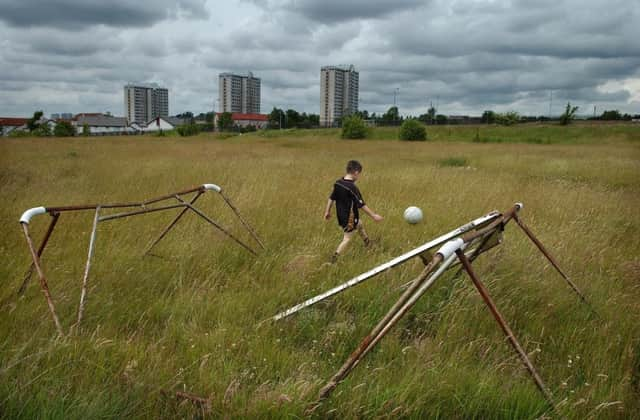Scots life expectancy stalls for first time in 160 years


Statistics show that in three years from 2012-2015 the ages at which women and men could expect to live remained static at 81.1 and 77.1 years respectively.
Experts believe the trend was partly caused by a huge spike in mortality in 2015, when more people died than in any other single year since the Second World War.
Advertisement
Hide AdAdvertisement
Hide AdIt is the first time in more than 150 years life expectancy has not increased.
The findings will be presented at a seminar organised by the Glasgow Centre for Population Health later this month.
“This is part of a wider trend seen across the UK, and in the USA, but not in other countries in Europe or elsewhere in the world,” Danny Dorling, Halford Mackinder professor of geography at the University of Oxford, told The Sunday Times.
Dorling, who will speak at the seminar, continued: “There is now mounting evidence of falls in life expectancy taking place for particular groups in our societies.
“What is happening in Scotland is the exception, not the norm. In some ways it is the end of a 40-year experiment to test the supposed benefits of promoting inequality, in which we (and especially people in Scotland) have been the guinea pigs. The experiment is unlikely to end well as those who have most benefited from it seek to preserve as much inequality as they can.”
He added: “Life expectancy is based on all deaths that have occurred in both periods, so the sample size is very large. Changes of about 0.1 years are significant and unlikely to happen by chance, so not having an increase of 0.1 years is similarly surprising. The other way of measuring significance is by how often something has happened and if it has never happened before in the history of a statistical series that goes back that far.”
Dorling said austerity measures introduced by the coalition and Conservative governments since 2010 may have contributed.
“I don’t think it has anything to do with the SNP government” he added. “I think the same thing would have occurred had Labour held power in Scotland. It is the fall in funding due to the financial crash of 2008.”